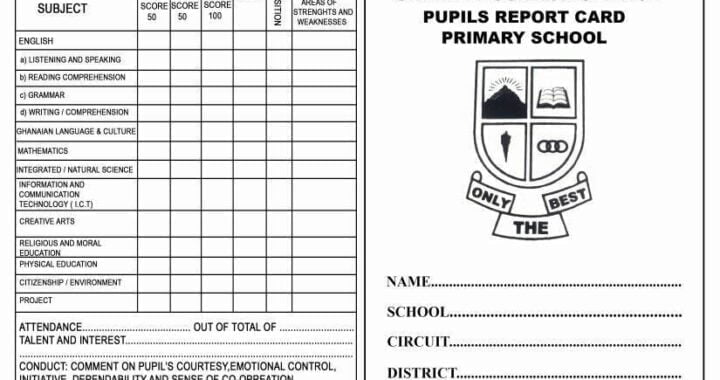Top 10 Ways to Reduce Study Stress

Studying for exams could sometimes be stressful. However, there are some ways and strategies to manage and reduce study stress. Here are ten effective ways to alleviate study stress:
1. Break Tasks into Smaller Steps
Divide your study tasks into smaller, manageable chunks to prevent overwhelm. Focus on completing one task at a time, celebrating small victories along the way.
2. Practice Relaxation Techniques
Incorporate relaxation techniques such as deep breathing, meditation, or progressive muscle relaxation into your study routine to reduce tension and promote calmness.
3. Exercise Regularly
Engage in regular physical activity to reduce stress, boost mood, and improve cognitive function. Even short walks or stretching breaks can help alleviate study-related stress.
4. Maintain a Healthy Lifestyle
Prioritize healthy habits such as eating nutritious meals, staying hydrated, getting enough sleep, and avoiding excessive caffeine or alcohol consumption. A balanced lifestyle supports overall well-being and reduces stress levels.
5. Set Realistic Goals
Set achievable goals for your study sessions and exams, considering your abilities, resources, and limitations. Avoid setting unrealistic expectations that may increase stress and anxiety.
READ ALSO: Top 10 Study Techniques For Online Learning Success
6. Practice Time Management
Use effective time management techniques to prioritize tasks, allocate time for studying, and avoid procrastination. Break down your study schedule into manageable chunks and stick to a consistent routine.
7. Seek Support
Reach out to friends, family members, teachers, or counselors for emotional support and encouragement. Talking about your feelings and concerns can help alleviate stress and provide perspective.
8. Take Breaks
Incorporate regular breaks into your study sessions to prevent burnout and maintain focus. Use breaks to rest, recharge, and engage in activities you enjoy, such as listening to music, going for a walk, or socializing with friends.
9. Limit Distractions
Minimize distractions in your study environment by turning off notifications on your phone, finding a quiet space to study, and using website blockers or apps to stay focused.
10. Practice Self-Care
Take time to engage in activities that promote self-care and relaxation, such as reading for pleasure, practicing hobbies, or spending time outdoors. Taking care of your mental and emotional well-being is essential for managing study stress effectively.
By incorporating these strategies into your study routine, you can reduce stress, increase resilience, and improve your overall well-being during exam preparation.


 GES 2024-2025 Academic Calendar for Public Schools
GES 2024-2025 Academic Calendar for Public Schools  GES to recruit university graduates and diploma holders-GES Director General
GES to recruit university graduates and diploma holders-GES Director General  GES is expected to announce reopening dates for public schools today
GES is expected to announce reopening dates for public schools today  Dr. Bawumia’s Smart Phone Credit Will Take 125 Years To Repay: A Misleading Promise
Dr. Bawumia’s Smart Phone Credit Will Take 125 Years To Repay: A Misleading Promise  2024-2025 Report Card Grading, Student Attitudes, Interests and Conduct Samples for Teachers
2024-2025 Report Card Grading, Student Attitudes, Interests and Conduct Samples for Teachers  US Staffing Agencies Recruiting International Job Seekers With Work Visa Sponsorship
US Staffing Agencies Recruiting International Job Seekers With Work Visa Sponsorship  Buy 1 Gig MTN or Airtel Tigo data for only GHS6.00 not GHS17.00
Buy 1 Gig MTN or Airtel Tigo data for only GHS6.00 not GHS17.00